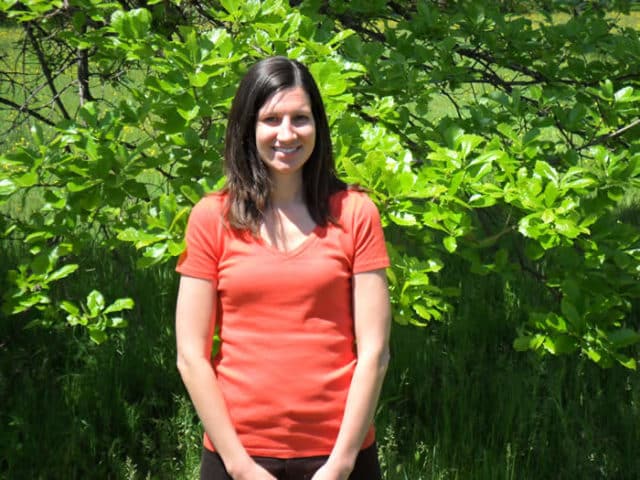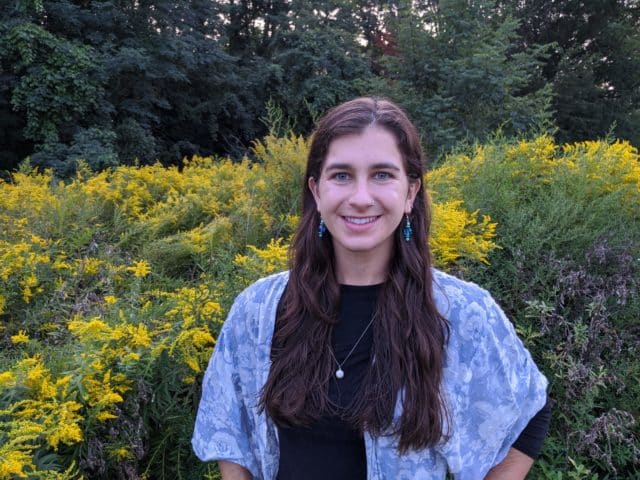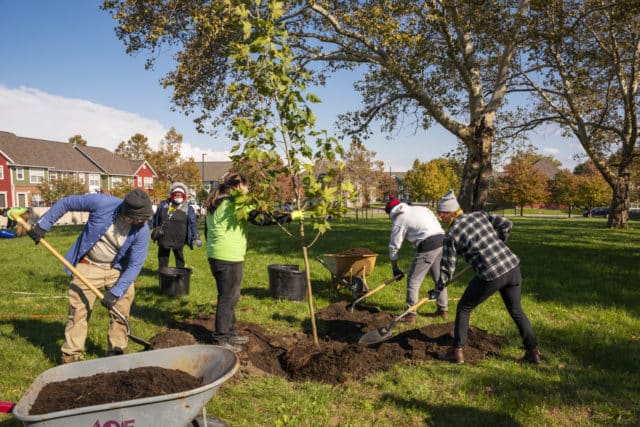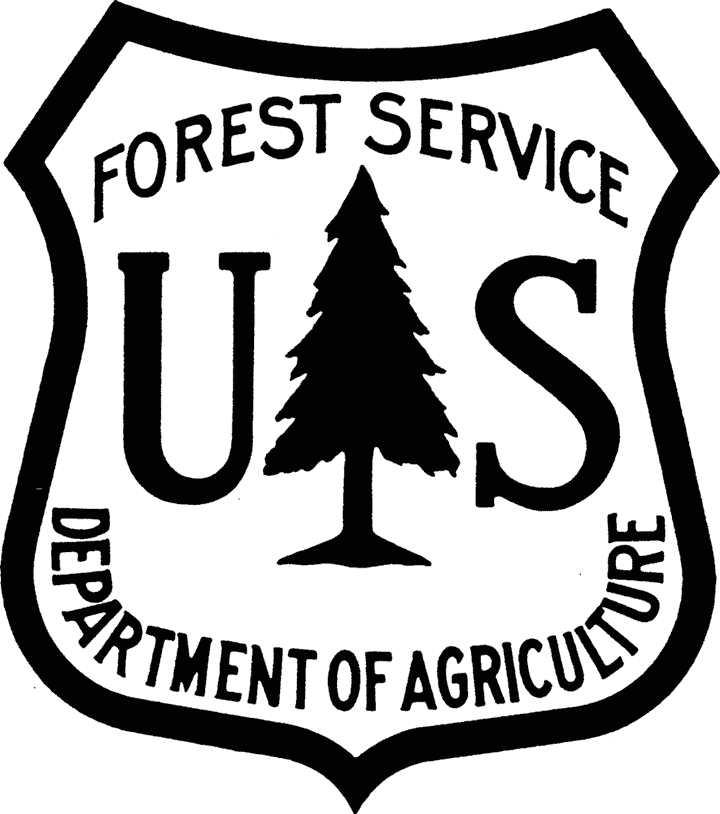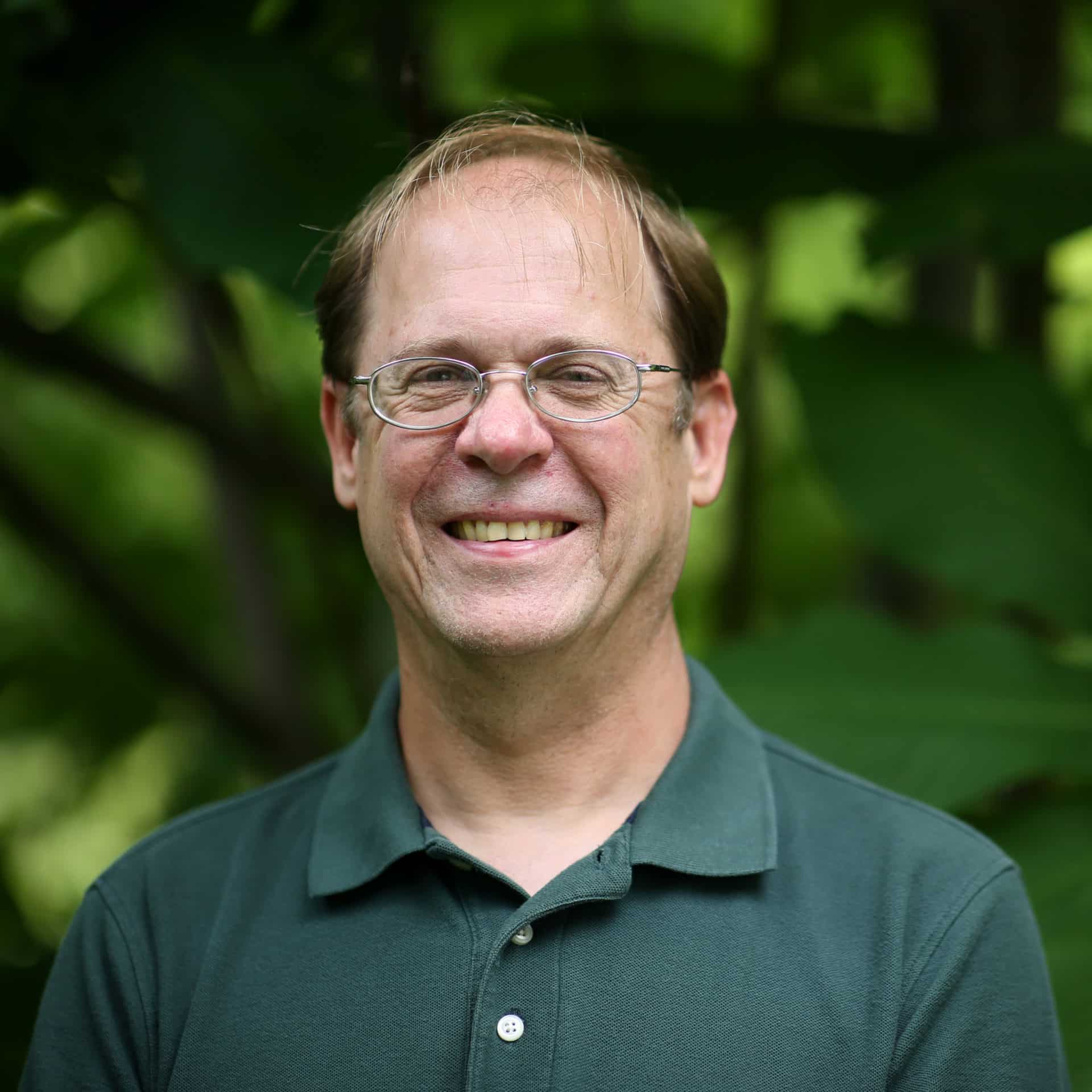
Education
- Ph.D. | 2001 | Rutgers University, Biology
Adjunct Appointments
- Adjunct Assistant Professor of Biology
Case Western Reserve University - Adjunct Assistant Professor of Biological Sciences
Kent State University
Research Interests
Dr. David Burke is the Vice President for Science and Conservation at Holden Forests & Gardens, and the principal investigator of Holden’s soil ecology lab. Dr. Burke is a leader in the study of beech leaf disease, a new forest pathogen sweeping across North America from its epicenter in northeastern Ohio. His work has helped identify the means of the disease’s spread, and his continuing work aims to reveal the mechanisms of the disease as well as a path to breeding trees resistant to the trees. Although he’s recently served as a forest pathologist out of need, Dr. Burke is a soil ecologist at heart, primarily interested in the interactions between plants and the microorganisms that live in the soil like the mycorrhizal fungi that form mutually beneficial relationships with plants. These mycorrhizal fungi may be key to the health of many natural communities, so a better understanding of their diversity, how they interact with plants and other soil microbes, and how this in turn affects ecosystem health is necessary for the future sound management of natural systems.
Select Publications
- Bashian-Victoroff CN, Brown A, Loyd AL, Carrino-Kyker SR, and Burke DJ (2023) Beech leaf disease severity affects ectomycorrhizal colonization and fungal taxa composition. Journal of Fungi, 2023, 9, 497.
- Wagner AS, Petersen SM, Carrino-Kyker S, Watson M, Burke DJ, and Stuble KS (2023) Effect of deer and forest edge on understory plant communities. Natural Areas Journal 43(1), 22-28, (18 January 2023).
- Dimitrie DA, Burke DJ, and Benard MF (2023) Response of American toads and their invertebrate prey to experimentally elevated soil pH. Ichthyology & Herpetology 111(1), 128-137, (6 March 2023).
- Burke DJ, Hewins CR, and Carrino-Kyker SR (2023) Increases in soil pH and P availability in a temperate hardwood forest affect mycorrhizal colonization and nutrient content of the herbaceous wildflower Podophyllum peltatum (Mayapple). The Journal of the Torrey Botanical Society 2023
- Dawson-Glass E, Hewins CR, Burke DJ, and Stuble KL (2023) Experimental increases in pH and P availability exert long-term impacts on decomposition in forests. Applied Soil Ecology 181,
- Medeiros JS, Mann MA, Burns JH, Carrino-Kyker SR, and Burke DJ (2022) Host ancestry and morphology differentially influence bacterial and fungal community structure of Rhododendron leaves, roots, and soil. Botany
- Burke DJ, Carrino-Kyker SR, Chervenak CF, Hoke AJ, and Hewins CR (2021) The function of root mat fungal communities: Changes in response to pH and phosphorus addition. Plants, People, Planet 3: 653-666
- Reed SE, Greifenhagen S, Yu Q, Hoke A, Burke DJ, Carta LK, Handoo ZA, Kantor MR, and Koch J (2020) Foliar nematode, Litylenchus crenatae ssp. mccannii, population dynamics in leaves and buds of beech leaf disease‐affected trees in Canada and the US. Forest Pathology, 50: e12599
- Burke DJ, Hoke AJ, and Koch J (2020) The emergence of beech leaf disease in Ohio: Probing the plant microbiome in search of the cause. Forest Pathology
- Carta LK, Handoo ZA, Li S, Kantor M, Bauchan G, McCann D, Gabriel C K, Yu Q, Reed S, Koch J, Martin D, and Burke DJ (2020) Beech leaf disease symptoms caused by new subspecies Litylenchus crenatae mccannii (Anguinata) described from Fagus grandifolia (Fagaceae) in North America. Forest Pathology, 50: e12580

